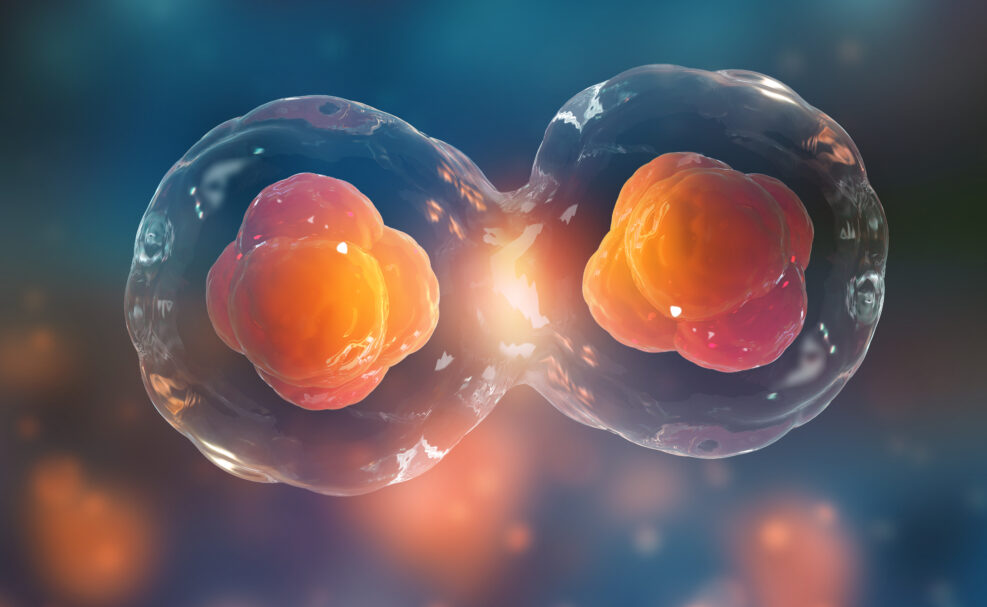
Are Our Minds Just an Extension of the Minds of Our Cells?
A prominent philosopher and a well-known biologist make the case, offering an illustrationNaturalism, the idea that physical nature is all there is, can lead us down some strange paths. In the words of prominent philosopher Daniel Dennett and prominent biologist Michael Levin, both of Tufts University, the road to “biology’s next great horizon” is the attempt to “understand cells, tissues and organisms as agents with agendas (even if unthinking ones).” They think that the principle of natural selection acting on random mutations can create everything, including minds: Thanks to Charles Darwin, biology doesn’t ever have to invoke an ‘intelligent designer’ who created all those mechanisms. Evolution by natural selection has done – and is still doing – all that refining and focusing and differentiating work. We’re all just physical mechanisms made of Read More ›


















